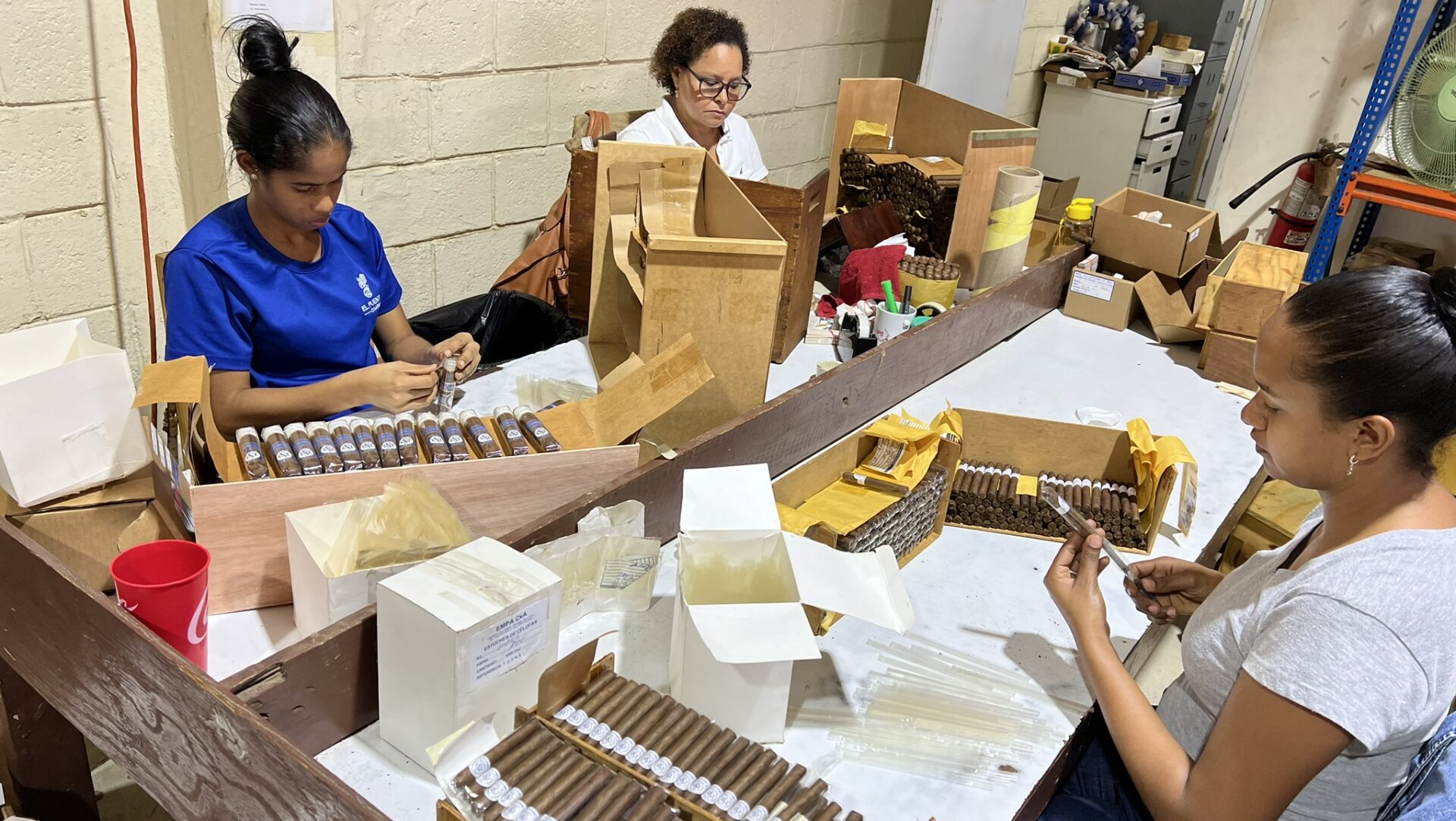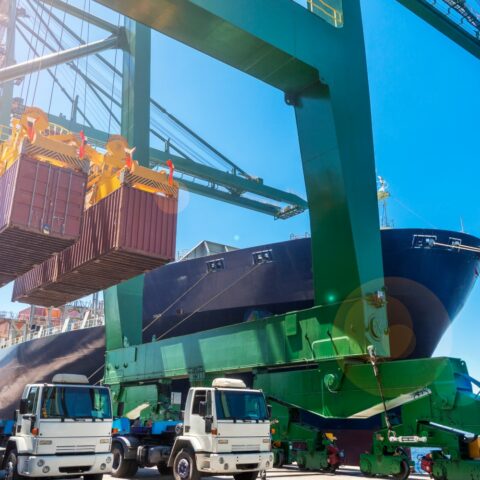The Challenge
The Dominican Republic is among the fastest-growing economies in Latin America and the Caribbean and has made great strides in recent decades but despite government initiatives to modernise trade facilitation systems, regulations, and infrastructure – including the creation to date of 79 Free Trade Zones (FTZ) hosting more than 700 multinational companies – access to international trade remains elusive for many of the country’s small businesses.
Micro, small, and medium enterprises (MSMEs) often lack the knowledge, resources, and capacity to capitalise on global market opportunities in which larger Dominican companies have thrived, such as nearshoring and the continuing explosion in e-commerce. These obstacles have created a persistent gap and a contradiction in the Dominican Republic’s trade portfolio. MSMEs comprise almost 99% of all registered companies, employing around 500,000 people, but account for only 7% of exports.
FTZ companies account for 70% to 75% of total exports (excluding minerals) and are regarded as the country’s main engine of economic growth. And yet, in 2020, MSMEs contributed just US$ 9 million of goods and services to businesses in these zones – representing barely 0.2% of almost US$ 3.8 billion of added value taking place in Dominican FTZs, the lowest such figure for any Latin American economy.
Maximising current and future global trade opportunities for the country entails closing this gap by empowering MSMEs to overcome key barriers to trade, including:
- Difficulties in obtaining permits, certificates, and licences
- Lack of awareness of export processes
- Low levels of technical competence
- Insufficient supplier strengthening programmes
- Limited information about international opportunities and potential buyers.
What We Are Doing
This project aims to strengthen regional value chains by fostering local manufacturing capabilities and deepening trade integration within the region. By leveraging the Dominican Republic’s strategic location and its robust network of free trade zones, the initiative aims to position the country as a pivotal player in regional supply chain networks.
The project contributes to diversifying global supply chains by reducing dependency on traditional manufacturing hubs, enhancing the region’s resilience and competitiveness in global markets. By prioritising capacity-building efforts and partnerships with local SMEs, the initiative promotes sustainable economic development while supporting a shift toward nearshoring strategies that bring production closer to end markets.
Through public private partnership and leveraging the expertise of its global business partners, the Alliance project is divided into three complementary components.
- Bridging MSMEs and FTZs
The Alliance aims to connect MSMEs with a select number of FTZ companies, providing the necessary technical and financial assistance to enable small businesses to become suppliers.
Assessment of MSME preparedness will encompass adherence to quality standards and volume, compliance with regulatory requirements, information management systems, and possession of relevant certification.
- Simplified Authorised Economic Operator (AEO) certification
AEO certification offers compliant importers benefits such as expedited customs clearance and dedicated customs support. Yet such benefits are often seen as inaccessible to smaller companies, further entrenching the customs compliance challenge many SMEs face when considering international trade. Working with private and public sector partners, the Alliance will identify MSMEs most likely to benefit from AEO status and deliver the necessary training and technical and financial assistance to comply with AEO requirements.
Helping SMEs obtain the simplified AEO certification will contribute to expedited clearance as well as developing a culture of formalising and documenting processes – a basic requirement to become an FTZ supplier, not to mention a successful exporter.
- Export Training Programme
Training MSMEs on international trade requirements will enable them to take advantage of the country’s emerging trade regulatory architecture and e-commerce opportunities. The programme will specifically address the main barriers to entry previously cited by entrepreneurs, such as a lack of information on conducting market research to identify potential export markets and opportunities, assess market conditions, understand customer preferences, and analyse competition.
Topics will include:
- Evaluation of readiness to enter export markets (capacity to meet international standards and regulations, financial preparedness, adaptability to meet market requirements).
- Overview of the key benefits and challenges of selecting and selling on e-commerce platforms including requirements and successful strategies
- Guidance on developing an effective export plan, including setting sales objectives, target market selection, product adaptation, pricing strategies, distribution channels, and marketing strategies
- International trade regulations – particularly for the United States and European Union
- Export financing and payment methods
- Documentation, logistics and procedures.
This represents the first Alliance project under our donor USAID’s Enterprises for Development, Growth, and Empowerment (EDGE) Fund, which aims to catalyse private sector participation in solving significant global development challenges.
The Impacts
The project’s focus on MSMEs through its three main components has the potential to yield significant development impacts in terms of increased competitiveness, job creation, economic growth, knowledge transfer, and capacity building.
By empowering MSMEs to participate in regional value chains, access new markets, and enhance their capabilities, the project can contribute to sustainable development in the Dominican Republic.
According to the Inter-American Development Bank (IDB) nearshoring could mean an additional US$ 78 billion a year in exports of goods and services from Latin America and the Caribbean in the near and medium terms. The bank estimates the Dominican Republic share of this extra revenue at US$ 1.5 billion a year.


 Dominican Republic
Dominican Republic

